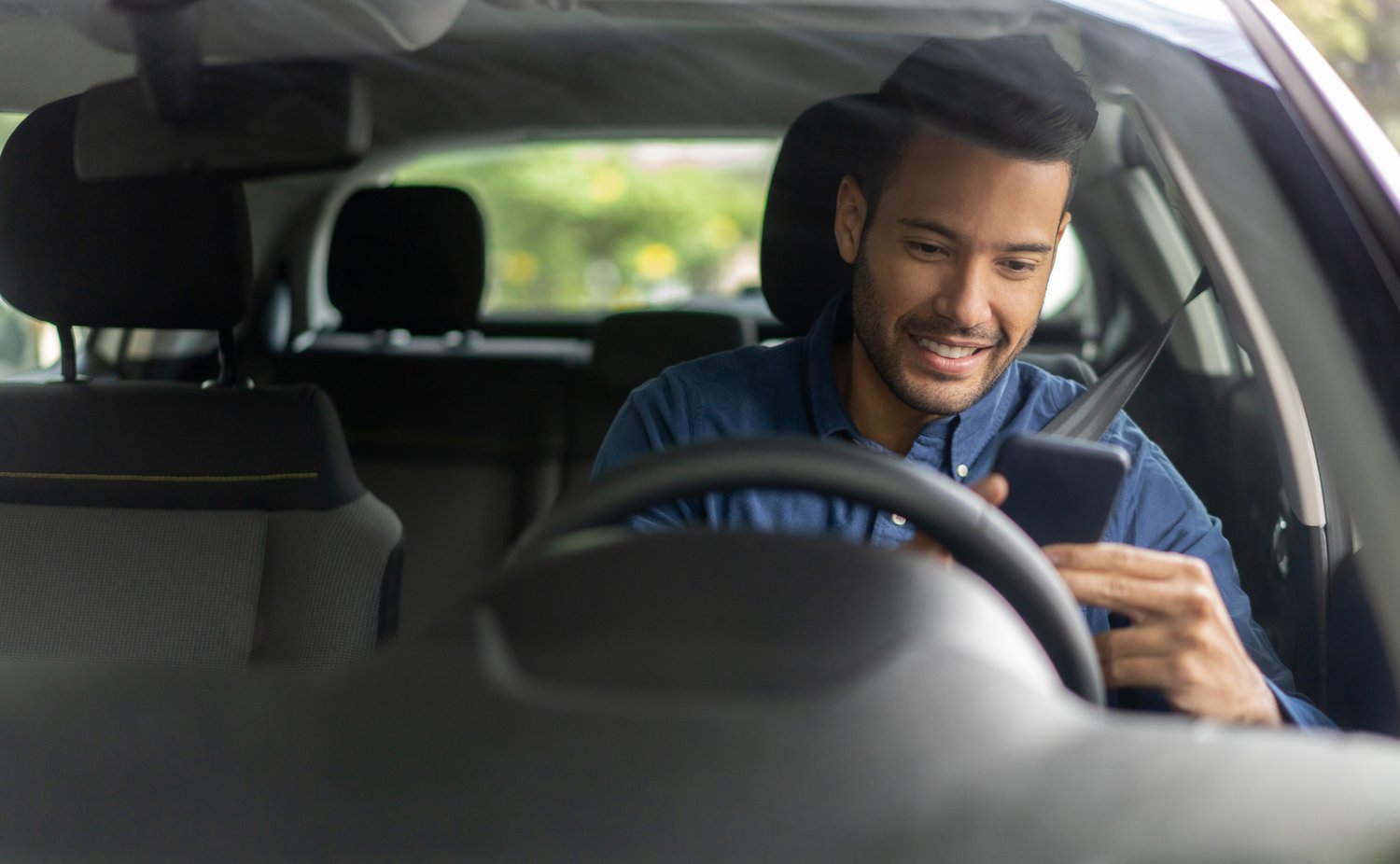If you knew your Uber or Lyft driver was convicted of a crime, would you still hitch a ride? What if the charge was seven years ago? Would that make a difference?
This question about driver background checks and rider safety isn’t a new one. In fact, it played a huge factor in Uber and Lyft’s decision to cease operations in Austin back in 2016, when fingerprint-based background checks were on the ballot for locals to vote on. (They have since returned following a statewide bill that overrode Austin’s ordinance.)
“When Lyft and Uber came back in May… I registered for both,” said an Austin rideshare driver to an employee of The Zebra. He agreed to an interview on the condition of anonymity. “No fingerprinting, but they did do a background check with my social security number. Uber was cool with my record, Lyft was not.”
A misdemeanor conviction from 2004 disqualified him from becoming a Lyft driver, though not Uber or the other local rideshare companies. “My charge was Distribution of Marijuana by Accommodation.”
In Texas, that’s either a Class A or Class B misdemeanor depending on the amount, up to 7 grams. More than that it becomes a state felony. According to marijuana activist organization Texas Norml, “The sale or delivery of between 7 grams and 5 lbs. is a state jail felony, punishable by a mandatory minimum sentence of 180 days imprisonment, a maximum of 2 years imprisonment, and a fine not to exceed $10,000.”
That’s pretty jarring considering that states like Colorado and Oregon allow individuals to carry up to an ounce of marijuana on them — there are 28.3 grams in 1 ounce.



